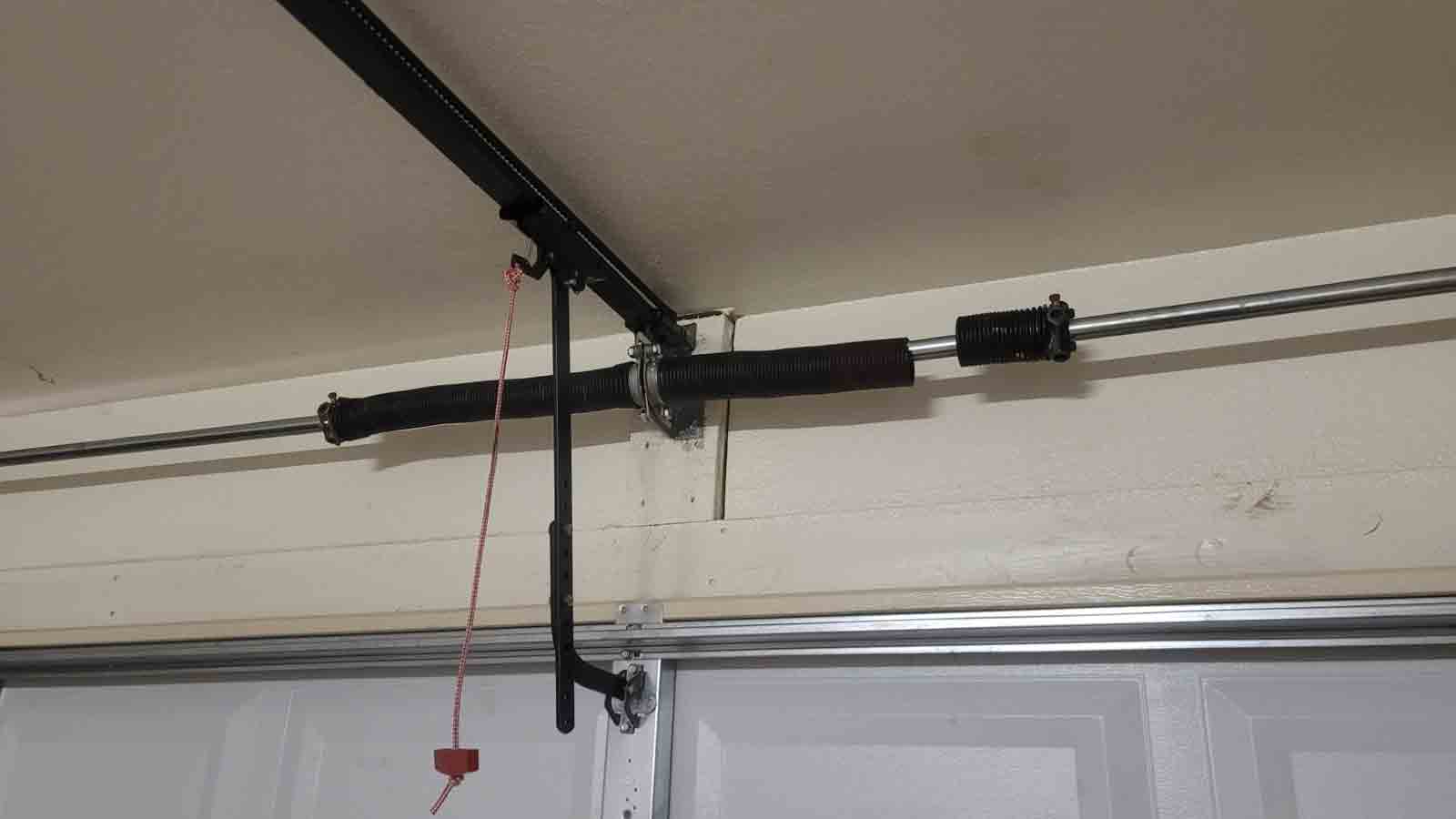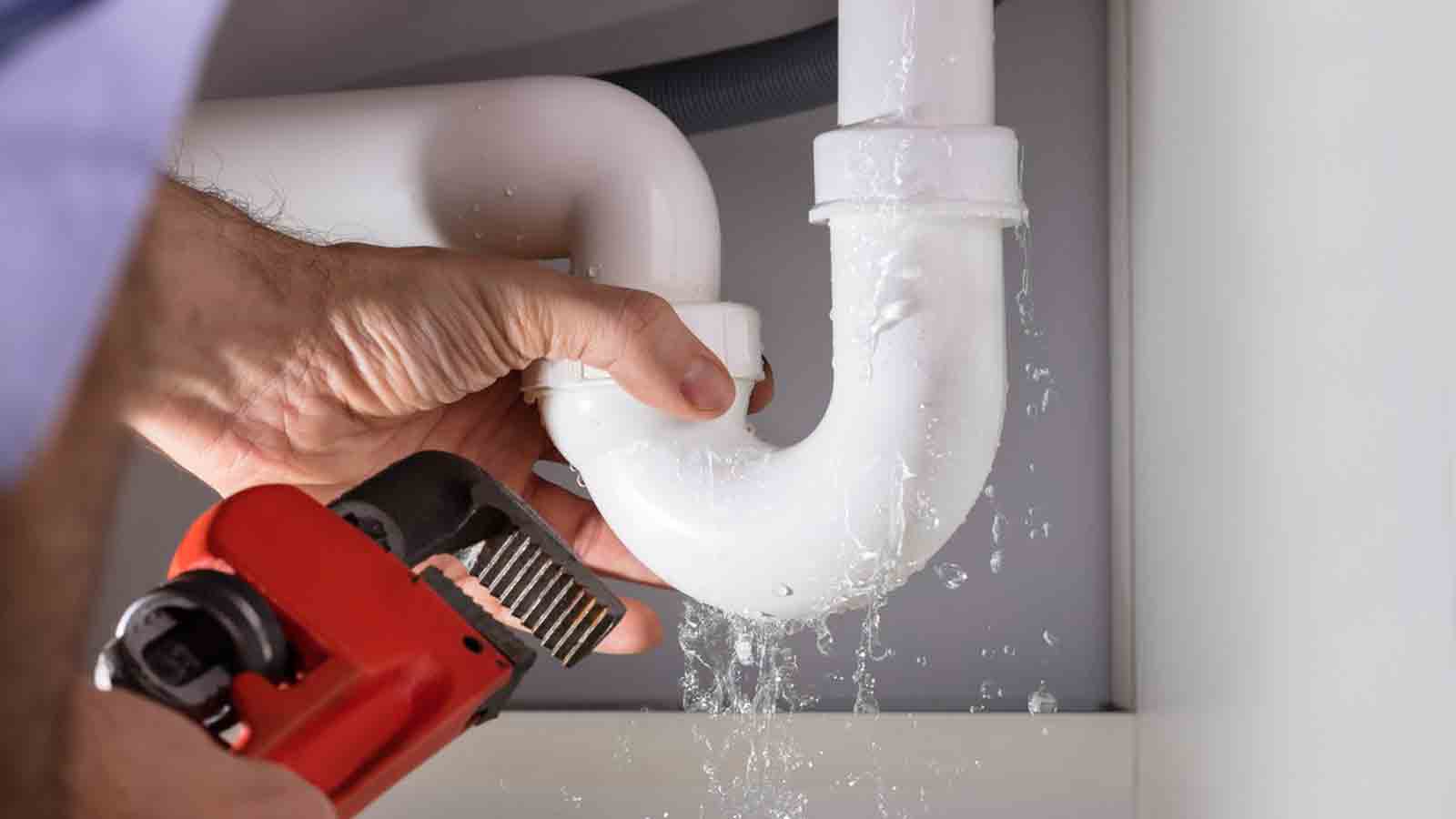This is what you need to know about building permits
Oct 6, 2022, 3:00 PM

(Shutterstock Image)
(Shutterstock Image)
Have you ever heard someone say, “Aww, I don’t need a permit for that …”?
In the construction world that might be the equivalent of the phrase, “Hold my hat and watch this!”
The aftermath might be unfortunate. Building permits are there to establish a basic level of safety and have been around for a couple of centuries. The earliest code was written by King Hammurabi in 1758 B.C.
“If a builder has built a house for a man and his work is not strong, and if the house he has built falls in and kills the householder, that builder shall be slain.”
The current repercussions for failure to obtain a permit or not building to code are not quite as harsh as under Hammurabi, but there are consequences.
Why building permits matter
To establish a basic level of safety, the building codes encompass architectural, structural engineering, civil engineering, HVAC, plumbing, and electrical works for new and remodeled commercial and residential construction.
If you are considering a remodel, permits are typically needed for the following:
● Work that involves a load-bearing condition or demolition.
● Changing the use of a room, such as creating a bedroom from a living space.
● Electrical, plumbing, and heating and cooling that goes beyond typical maintenance.
We strongly suggest you discuss your project goals with your local jurisdiction’s building department to determine if a permit is required.
Permits really benefit you, the consumer. Building to code not only creates a safe project but having an inspector view the work to ensure it is done to code is in your best interest. Whether you are engaging a contractor, are a DIYer, or having a third party check the work, the permit process is a good thing.
Permit costs
The permits themselves cost money. The fees are typically calculated and based upon the value of the work. Building officials consult a value chart that is used to establish the fees.
For some remodel projects, you will be asked to set the value of that project. The cost of the permit will be determined by the value you set. Some jurisdictions have fees associated with “buy-in or tie-in” for water and sewer should you add new plumbing fixtures.
There are also impact fees that are typically associated with new home construction and are used to offset the costs to the jurisdiction for increased services such as fire, police, roads and recreation services.
What happens when you don’t get a permit
First, be grateful you don’t live in Hammurabi’s time.
Getting caught, then attempting to obtain a permit can be very costly. You may very well end up hiring the very professionals you skipped to get the documentation you need for a permit application. The process you did not do then can add many months to your project now.
The application process is the same as if you applied initially, however, depending upon how much work you completed, the local building officials could tell you to take the work apart.
The reason will most likely be that you covered up work that needed to be inspected. Doing the work twice costs time and money, which you probably weren’t planning. It can be disheartening and thus make the project more formidable.
While the additional cost may cause you to consider a “trying to get away with it” attitude, don’t. If you engage a contractor that suggests you do not need a permit or skips the process, find a new contractor.
For a contractor to obtain a permit to work on your home, they must be licensed for the work they are being contracted to perform. If you are DIYer, then you can usually do most of the work. Check with your municipality. Some of the videos on our website will help you along the way.
Bottom line: don’t skip the permit process. There is a high probability that you will get caught. Someone can turn you into the building department, such as a neighbor or passerby. But that isn’t the only way.
If you make an unpermitted improvement and later sell the home, the buyers will ask for copies the of permits. Title companies and lenders will also ask for documentation. If you don’t have it, then the sale of your home is in jeopardy.
Other considerations
Getting the necessary permits is a great way to organize the information you have gathered in your planning process. Most building departments will assist you to some degree in navigating the procedure.
There are also several drafters and coaches out there that can help you along the way. The added benefit, as mentioned above, is having an inspector that could help point out a little problem before it becomes a big one.
Join Rosie on the House every Saturday morning from 8 a.m. to 11 a.m. on KTAR News 92.3 FM. If you’d like to send us questions or comments, email mailto:info@rosieonthehouse.com. Follow us on Twitter and “Like” us on Facebook. For more do-it-yourself tips, go to rosieonthehouse.com. An Arizona home building and remodeling industry expert since 1988, Rosie Romero is the host of the syndicated Saturday morning Rosie on the House radio program. Call 888-767-4348 with questions and comments.









